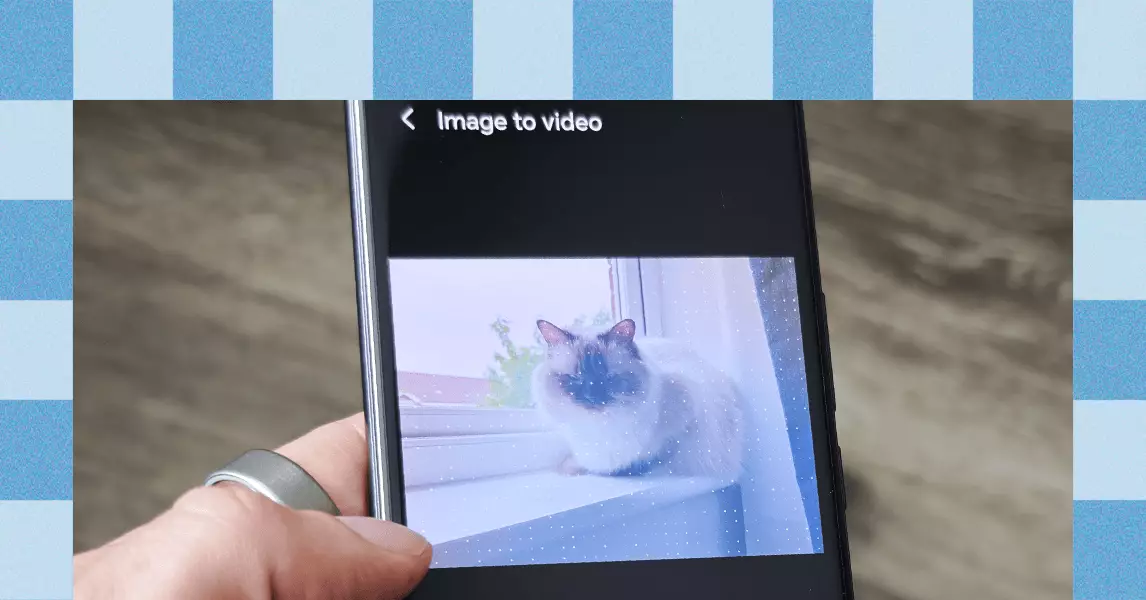The newly introduced Honor 400 and 400 Pro smartphones are making waves, even if they aren’t available in the US market. Positioned as midrange devices, they certainly aren’t your typical attention-grabbers. Yet, they house a groundbreaking feature—the capability to generate short videos from still images using Google’s advanced AI technology, specifically the Veo 2 model. This transformative feature embedded within Honor’s Gallery app positions these smartphones at the forefront of a significant leap in the realm of mobile photography.
The AI-Powered Magic of Image to Video
Imagine taking a beloved photo and watching it pulse with life through a five-second video. With the Honor 400 series, you can do exactly that. By selecting a photo and navigating through a straightforward selection process in the Gallery app, users can create a short animated clip of their memories. Although the initial setup is simple, the magic happens within the AI’s processing ability. Users must remain connected to the internet, as the video creation relies on cloud-based technology. Intriguingly, while the tool promises efficiency, there’s an expectation for variability in processing time, ranging from 30 seconds to potentially two minutes.
The Unsettling Fine Line Between Reality and Artificiality
As enchanting as this technology may be, it raises essential questions about authenticity in digital media. During my tests, the results varied sharply, oscillating between commendably lifelike animations and unsettling distortions. The AI, lacking context and intuitiveness, sometimes produces uncanny valley impressions. For example, my attempt to animate a photo of my wife led to bizarre iterations, such as an unnatural mouth movement that rendered an embarrassing faux pas. The technology can create eerily accurate depictions, yet it simultaneously serves to highlight the limitations of AI in accurately capturing human expressions.
A Deep Dive into Ethical Tech Enhancement
The bigger conversation surrounding tools like this goes beyond technical prowess—it entwines with ethics. We already see a distortion of reality heavily influenced by photo edits and social media filters. In a world where a perfect sunset is merely a slider away from being “more vibrant,” the implications of creating full motion videos from stills are profound. It elevates the stakes of deception in digital communication. As these capabilities become mainstream, will we recognize what is authentic and what is manipulated? With the ease of generating false narratives, the potential for misuse inevitably rises.
A Window into the Future
The Honor 400 and 400 Pro stand as exemplars of emerging technology within the highly competitive smartphone market. They reflect a broader trend toward incorporating artificial intelligence into everyday devices. As we engender an era where technological capabilities increasingly blur the lines between real and fabricated, it becomes vital for consumers to navigate these waters with discernment. While the excitement surrounding these innovations is palpable, they also beckon a critical examination of the implications they carry for authenticity in an already convoluted digital landscape.

